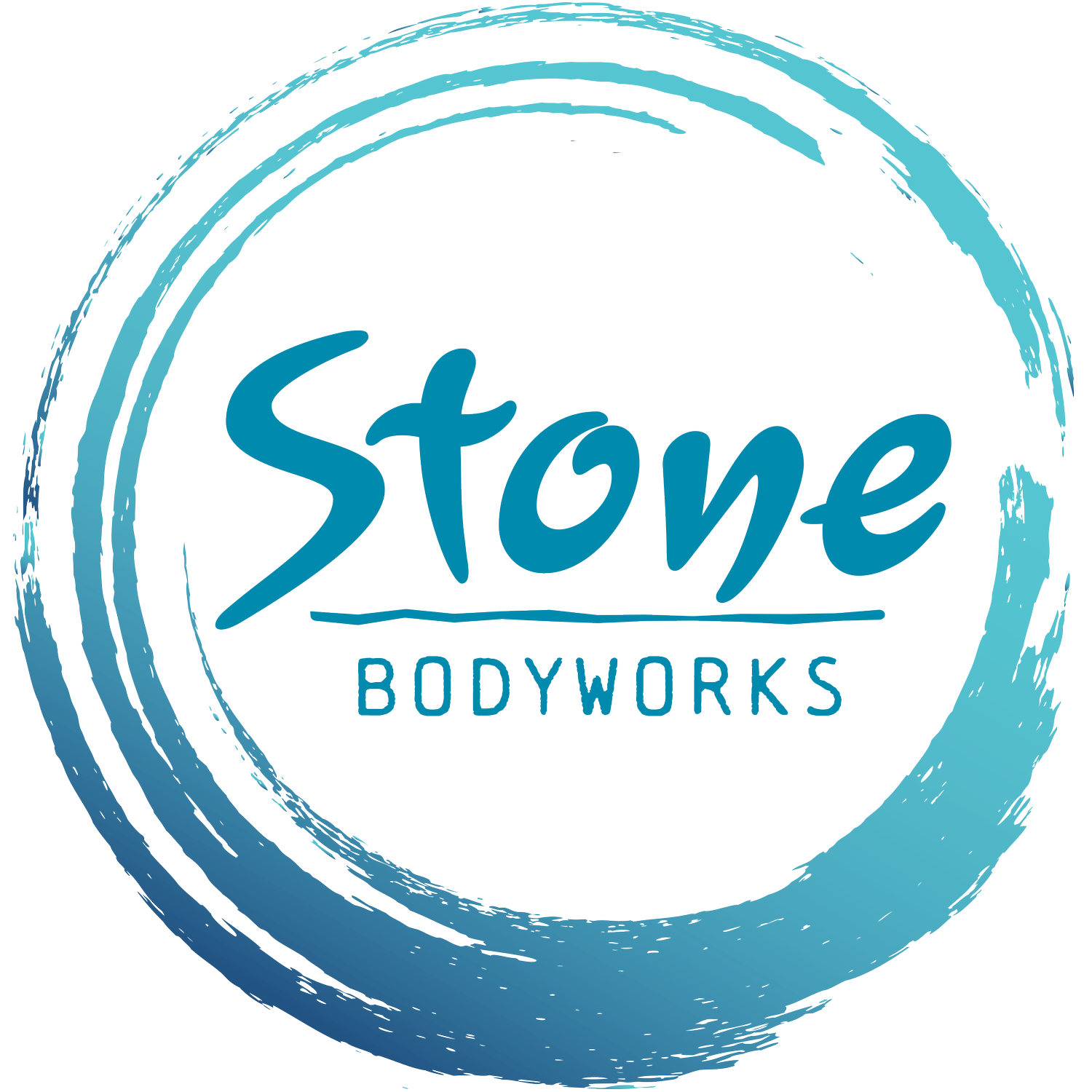Creating a Balanced Body, Part 1
Over the years I’ve had many clients ask me what diet I follow and what workouts I do to keep maintain my fitness and wellness. In these conversations, I often see that there is an assumption that in order to be healthy and fit we must follow a specific exercise or diet regime. Although exercise and balanced nutrition are imperative to staying fit and healthy, they are only half of the equation.
In my 20+ years in the health and wellness industry, I have come to see that there are a few additional components necessary for improving and maintaining a higher level of health as we age. Beyond exercise and nutrition; adequate water intake, proper breathing, stress management and adequate sleep are all also necessary for a total body approach to improving health. In this blog, I would like to address the parts of this equation that are often ignored. In a future blog I will address the other necessary components of movement and nutrition.
Adequate water intake:
Being that up to 60% of the adult human body is water, it serves a number of essential functions in maintaining the body’s functions, such as:
Helps in the rebuilding of cells
Helps regulate the internal body temperature by sweating and respiration
Assists in digestion and elimination of food as they are metabolized and transported in the bloodstream then eliminated
Forms saliva to assist with digestion & elimination
Acts as a shock absorber for brain, spinal cord, and fetus
Helps transport oxygen throughout the body
Lubricates joints and muscles healthy
Because of the importance of water for daily functioning of the body, it is imperative to get enough. I good place to start is with ½ your bodyweight in ounces daily…more if you live in a warm client and/ or sweat more
Proper breathing:
Breath is life…..the breath moves energy in the body, it is our life force, it keeps our organs and tissues functioning with a constant supply of oxygen and removal of carbon dioxide
The challenge is that many of us have forgotten how to breathe normally and must be taught the proper way to breath with our nostrils and diaphragm
Learning to breath with the diaphragm can do wonders to improve health and mental clarity as oxygen is required for all systems of the body
A simple way to practice this is at night before sleep:
While lying on your back, place one hand on stomach and one on the chest (the hands are there to monitor the movement of breath)
As you breathe in, draw the breath in thru the nose and into the diaphragm, so that the belly and lower rib cage expand
As you breathe out, allow the breath to flow out thru the nose as the belly and ribs soften to their resting point
The hand on the chest should not move in this process, rather you should feel the hand on the belly rising and falling with each breath
Keep the face and jaw relaxed as you breathe
Practice this for five minutes or until you fall asleep!
Stress management & Sleep:
Stress management:
Stress makes all our body systems run on “high”
A system can only run on high gear for so long before something begins to break down!
Learning how to balance stress in one’s life is a key component to improving health. Relieving stress allows the body’s systems to improve function and therefore quality of life.
Adequate Sleep:
Sleep in a necessary component of life; we require rest so that we can rebuild and rebalance from the constant stressors of everyday life
A simple place to start is striving to get seven full hours nightly; going to bed by 10:30pm so as to work with the natural rhythms of the hormones
These components together can be considered life and health building practices. They are all necessary for us to rebuild the body. By putting more attention and effort into these parts of our health, we give the bodies the opportunity to repair and get stronger… lending itself to improving longevity and vitality with age. Unfortunately, we have come to see the breakdown of the body as a natural and inevitable part of getting older. Yes, it’s true, we all age and slow down a bit, but it is not inevitable that the body has to break down so quickly. If the systems “wear out” early in life because you’ve not lived a balanced life, the later years have the potential to be dedicated to paying the repercussions and very often this means a diminished quality of life. The choice is yours? Are you willing to take responsibility for your health and well-being and integrate more of what keeps you in balance? Or will you choose to ignore your body a bit longer until it forces you to pay attention?
Contact me today to see how I can help you work toward improving your health and well-being!
